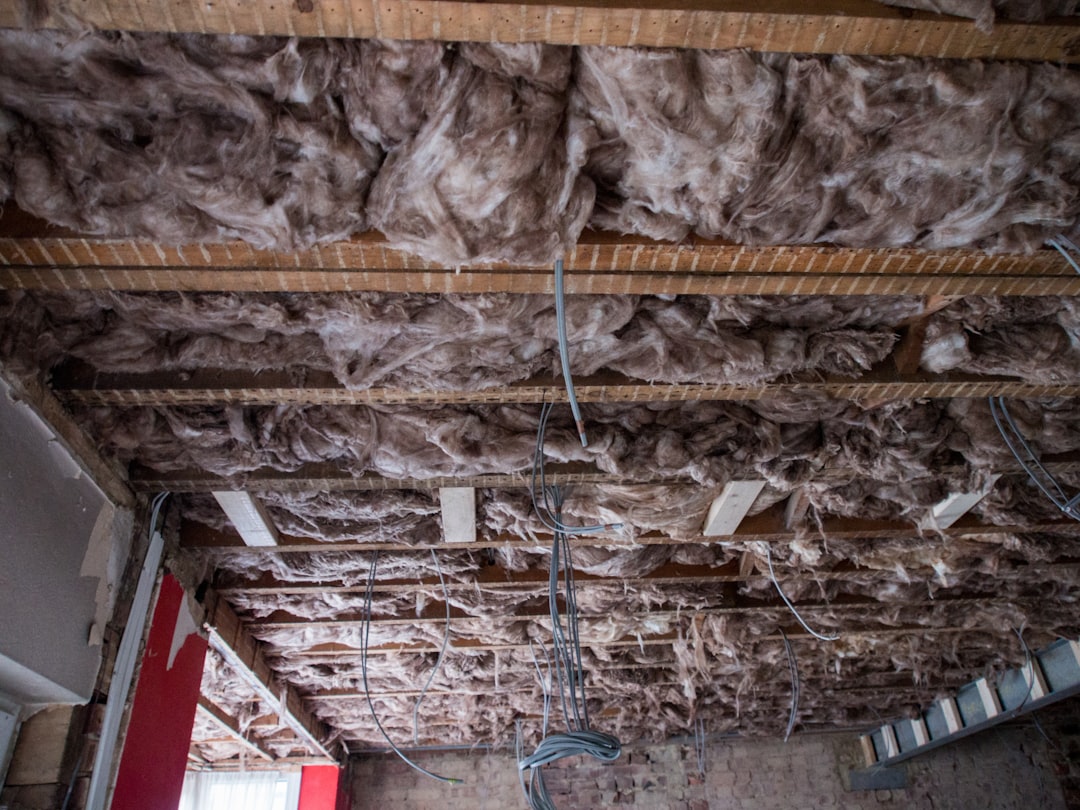CountBricks Buffalo Spray Foam Insulation for Smart Homes
Construction Cost Hub – Buffalo, NY
Price source: Costs shown are derived from our proprietary U.S. construction cost database (updated continuously from contractor/bid/pricing inputs and normalization rules).
Eva Steinmetzer-Shaw
Head of Marketing
Buffalo Spray Foam Insulation: A Professional's Guide
For construction professionals in Buffalo, ensuring homes are well-insulated is crucial. With temperatures ranging from -10°F to 90°F, spray foam insulation offers a robust solution. Costs typically range from $3.00 to $5.00 per square foot per square foot, depending on the specifics of the project. This guide explores why spray foam is the preferred choice for Buffalo's climate and how CountBricks simplifies the process with AI-driven solutions.
Why Choose Spray Foam Over Traditional Insulation?
Climate Adaptability: Buffalo's freeze-thaw cycles demand insulation that prevents air leakage and moisture retention. Closed-cell spray foam excels in these conditions.
- Continuous air and vapor barrier reduces drafts significantly.
- High R-value per inch allows for thinner walls with superior thermal resistance.
- Enhances structural integrity, ideal for older homes.
- Resistant to mold and moisture, preventing common issues in attics and basements.
Open Cell vs. Closed Cell: Which to Use?
1. Open Cell: Best for interior walls, offering sound dampening where vapor barriers exist.
2. Closed Cell: Recommended for exterior walls and attics, providing the highest R-value per inch.
Benefits of Professional Installation
- Energy savings up to 40% on heating and cooling.
- Consistent indoor temperatures.
- Reduced HVAC wear and increased system lifespan.
- Higher resale value due to improved HERS ratings.
- Healthier indoor air quality by reducing pollutants.
Cost Considerations for Buffalo Spray Foam Insulation
Accurate cost estimation is vital. CountBricks provides real-time estimates using AI to analyze material costs, labor rates, and project specifics. Typical cost drivers include:
- Square footage and cavity depth.
- Choice between open cell and closed cell foam.
- Preparation work, such as old insulation removal.
- Accessibility challenges like vaulted ceilings.
- Desired R-value and compliance with local codes.
Financing and Rebates
CountBricks integrates regional incentives and NYSERDA rebates into proposals, offering financing options for immediate approval.
The CountBricks Installation Process
- AI Blueprint Review: Digital blueprints identify thermal bridges.
- Prep & Protection: Crews prepare the site, removing old insulation.
- Climate-Controlled Spraying: Ensures optimal foam expansion.
- Quality Verification: Infrared imaging checks for gaps.
- Cleanup & Client Walkthrough: Final inspection and maintenance tips.
Maintenance and Long-Term ROI
Minimal upkeep is required post-installation. CountBricks offers optional thermal audits to ensure peak performance.
Pro Tips for Maximizing Value
- Pair with smart thermostats for real-time savings.
- Seal rim joists first to reduce infiltration.
- Consider closed-cell foam under roof decks.
- Schedule work in spring or fall for better availability.
Why Choose CountBricks?
Speed: Quick, detailed quotes.
Accuracy: Pay only for materials used.
Accountability: Project tracking with milestone photos.
Comprehensive Service: Coordination of additional services like drywall replacement.
Next Steps
Ready to enhance your Buffalo home? Visit CountBricks.com to schedule a virtual assessment and start saving on energy costs.
Case Study: 1920s North Buffalo Bungalow
The Alvarez family faced high heating costs and drafts in their 1,400-square-foot bungalow. After contacting CountBricks, they received a fast, accurate quote.
Project Snapshot
- Scope: Exterior walls, attic deck, and rim joists with closed-cell foam.
- Turnaround: Two days on-site, completed in October.
- Total Foam Installed: 1,250 board feet.
- Upfront Cost: $7,900 (before incentives).
- Incentives: $1,600 NYSERDA rebate and utility bill credit.
Measured Results
- 52% reduction in air changes per hour.
- 47% savings on January gas bill.
- Stabilized indoor humidity.
Homeowner Feedback
“The estimate process was seamless, and CountBricks delivered as promised with no hidden costs.”
Additional Tips From the CountBricks Field Team
- Consult local code officials before sealing attic ventilation.
- Request a thermal imaging report post-installation.
- Combine spray foam with air-sealed lighting housings.
Explore More Insulation Solutions
CountBricks offers a range of solutions, including blown-in cellulose and mineral wool. Visit CountBricks.com for more information.
Book Your Virtual Consultation
Discover how spray foam insulation can benefit your home. Schedule a consultation at CountBricks.com for a personalized proposal.

